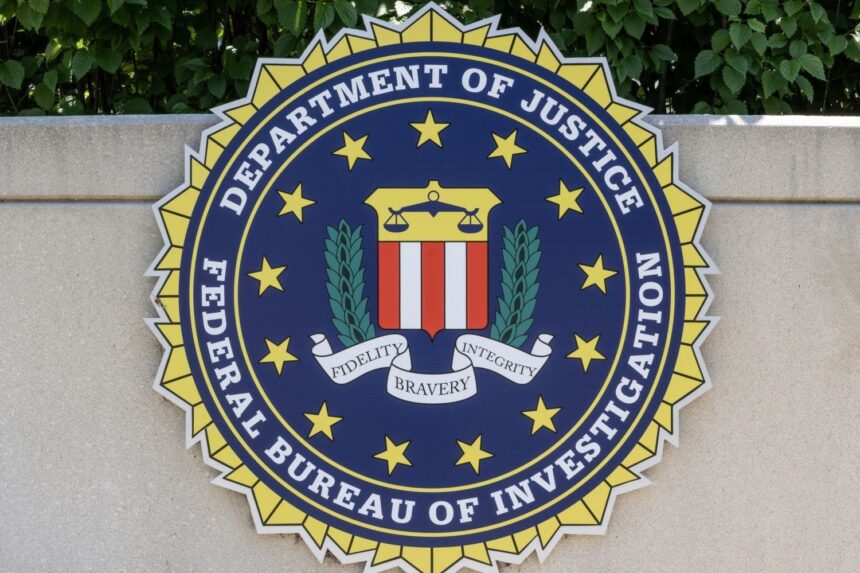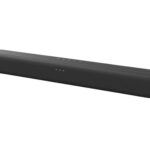One of the government’s most controversial warrantless spying practices does, in fact, require a warrant, according to a new federal court ruling.
The decision, issued Tuesday night by the eastern district of New York Judge LaShann DeArcy Hall, comes in the case of Agron Hasbajrami, a U.S. resident who was arrested in 2011 and initially pleaded guilty to attempting to provide material support to a terrorist organization. Hasbajrami appealed his case after learning that federal agents had acquired some of the evidence against him through a warrantless search of databases containing communications intercepted under the Foreign Intelligence Surveillance Act (FISA).
FISA authorizes federal spy agencies to operate backdoors into internet companies and electronic communications providers, like Google, Meta, and Apple, through which they collect vast amounts of communications. The act is supposed to minimize the collection of communications involving U.S. citizens and residents, but it has a variety of loopholes. Section 702 of the law specifically allows the government to collect communications that meet certain secret criteria without demonstrating probable cause to believe that the people communicating aren’t U.S. citizens or residents. Once collected, those communications can be stored in databases and searched later without, the federal government claimed, requiring a warrant.
Hasbajrami argued, and Judge DeArcy Hall agreed, that those after-the-fact searches do require a warrant when the target of the searches is a U.S. resident.
“To hold otherwise would effectively allow law enforcement to amass a repository of communications under Section 702—including those of U.S. persons—that can later be searched on demand without limitation.” DeArcy Hall wrote.
Hasbajrami’s case has been bouncing around the federal court system for more than a decade. In 2018, a panel of the Second Circuit Court of Appeals ruled that the government’s warrantless collection of a U.S. person’s communications through FISA is not a violation of the Fourth Amendment, so long as the collection is an incidental consequence of the government surveilling a non-U.S. person. But the court said it did not have sufficient evidence to decide whether the government should have obtained a warrant before it searched databases of information collected under FISA Section 702 for communications involving a specific U.S. person, in this case, Hasbajrami.
The appeals court remanded the case to Judge DeArcy Hall, who reviewed the specific searches in question and found that the government failed to prove that it couldn’t have sought and obtained a warrant to authorize them.
Civil liberties advocates hailed the ruling as a victory and called on Congress to reform FISA to make it explicitly clear that searches of collected communications require a warrant.
“We expect any lawmaker worthy of that title to listen to what this federal court is saying and create a legislative warrant requirement so that the intelligence community does not continue to trample on the constitutionally protected rights to private communications,” wrote Andrew Crocker and Matthew Guariglia, of the Electronic Frontier Foundation.
Despite the favorable ruling on warrant requirements, Judge DeArcy Hall’s decision did not grant Hasbajrami’s request to suppress the evidence federal agents gathered against him through their searches of Section 702 databases. She found that the agents were acting in “good faith” under what was, until her ruling, the prevailing law governing such searches.
Read the full article here












